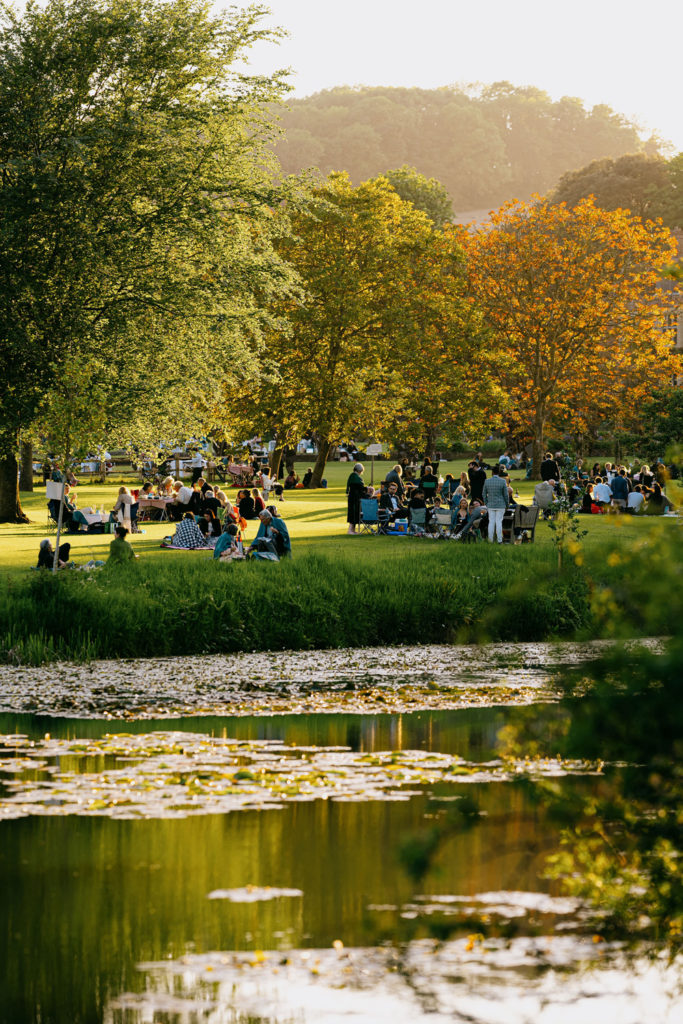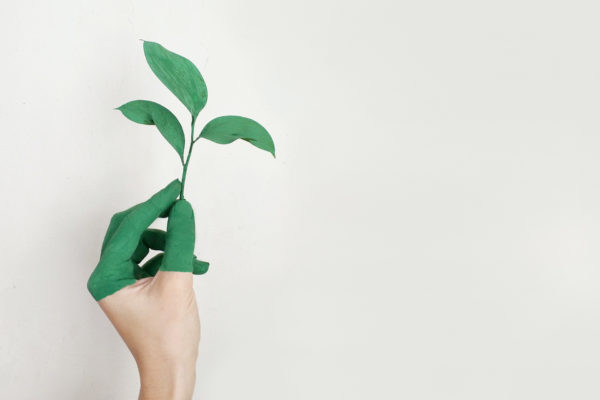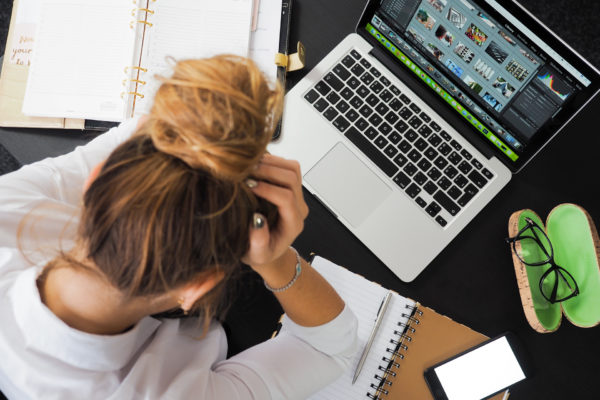The Green Coach: Why Don’t We Just Boycott Plastic?
By
11 months ago
Lucy Johnson delves into the plastic problem, and how we can help
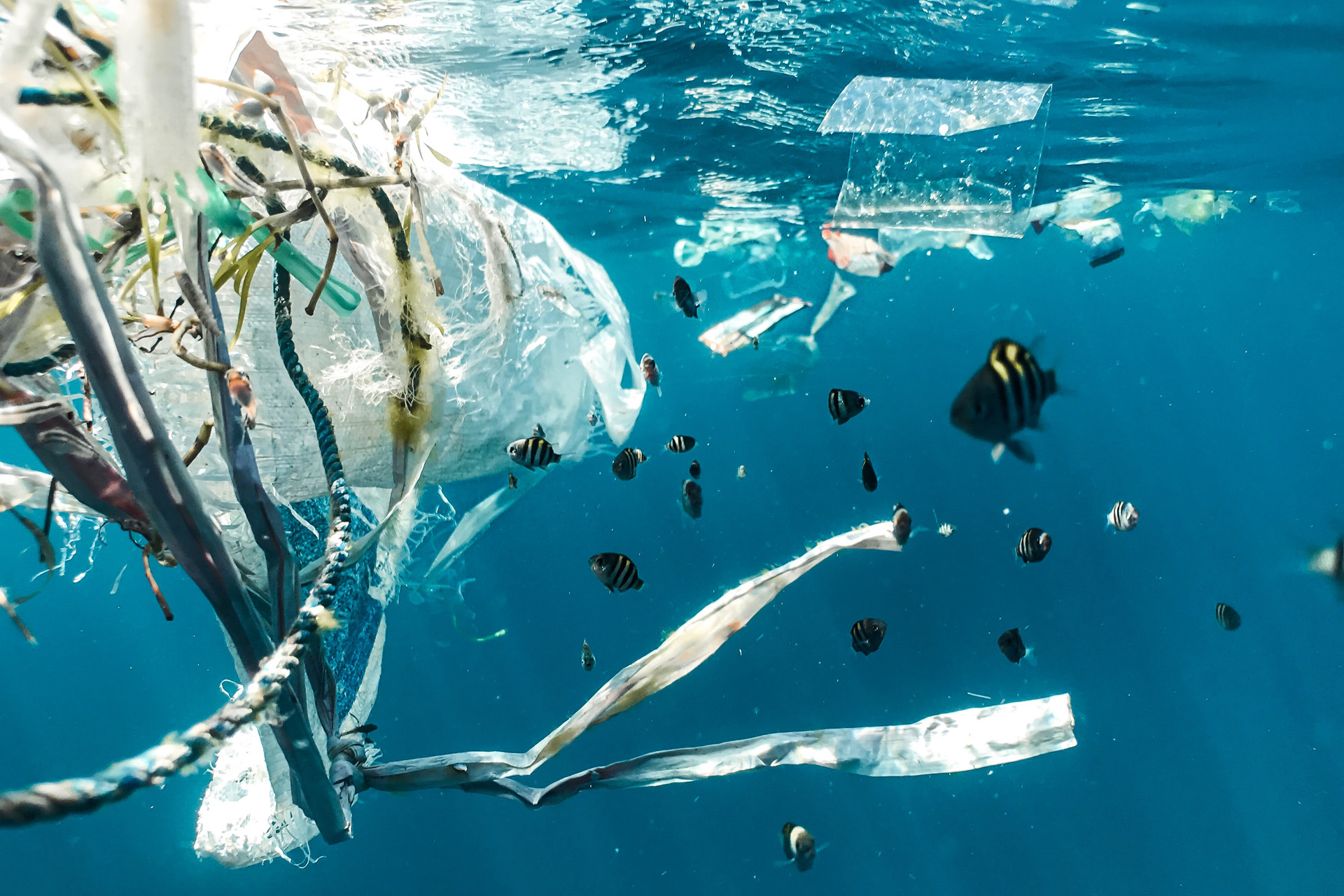
Plastic is everywhere – yet it’s also one of the biggest problems for our planet. It has grown to become a symbol of our throwaway culture, polluting our oceans, destroying wildlife habitats and even entering our bodies as microplastics. So what’s the solution? Here Lucy Johnson, psychotherapist and founder of sustainable lifestyle consultancy Green Salon, explores the ever-growing issue of plastic pollution, asking the question: why don’t we just boycott plastic?
What’s The Solution To Plastic Pollution?
Dear Lucy,
I was wondering if you think a ‘plastic boycott’ would be effective? As sustainable as we want to be, we all know it’s corporations that need to make the change so why not boycott their plastic packaging? With their loss of profits, they’d then have to make a change. Wouldn’t that work?
Lizzie
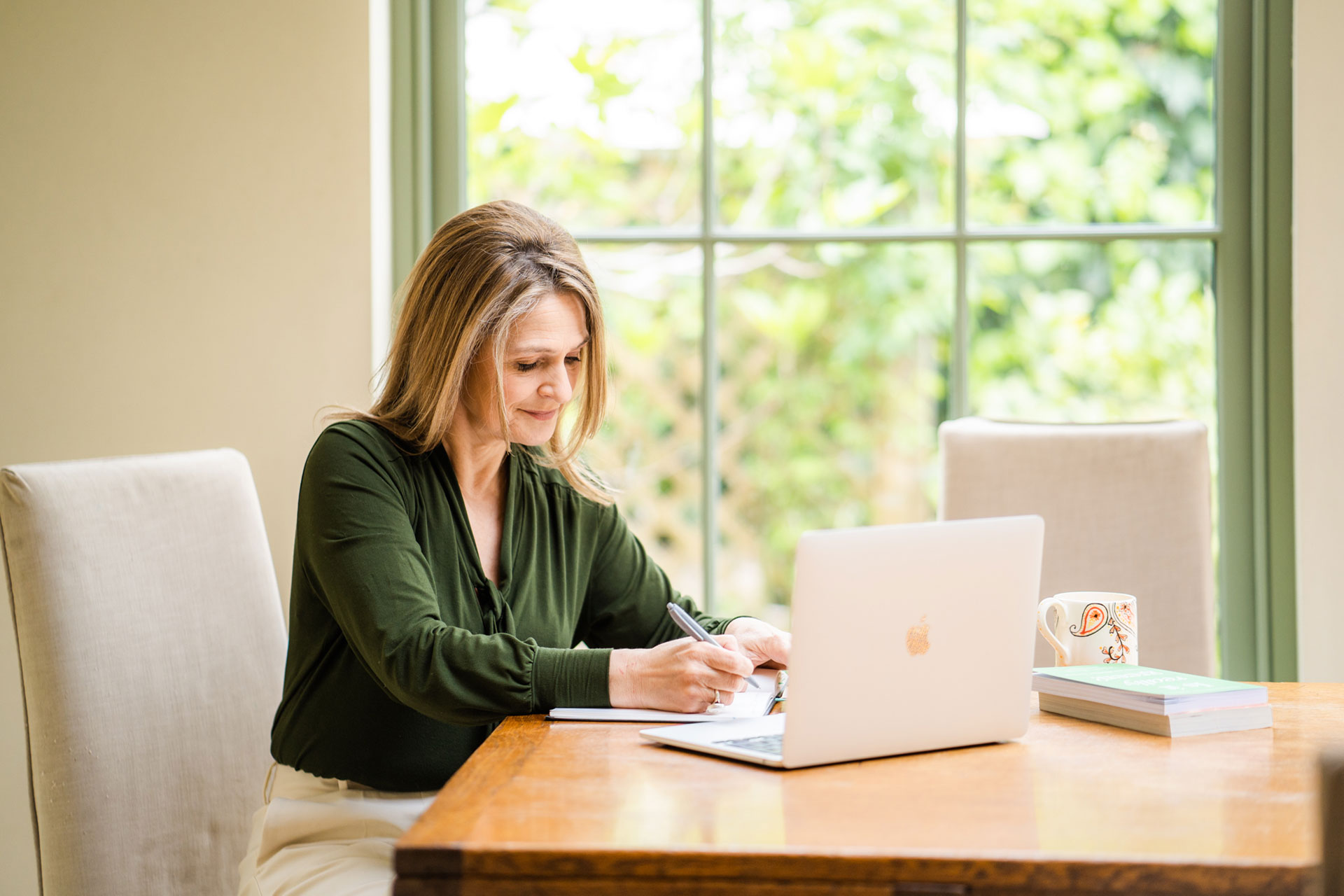
Lucy Johnson, by Vicki Knights
Dear Lizzie,
That’s a great question. I wish there was an easy answer. You’re right that boycotts can be an effective way of putting pressure on companies, or countries, to change their ways. But there are no simple solutions for plastic, because despite its terrible reputation it is not all bad as a material.
Plastic’s up-side is that it’s lightweight, durable and cheap. Used in the right places it can even help in the fight against climate change. Cars and aeroplanes increasingly use plastic to make them lighter and more fuel-efficient. It’s virtually indestructible – which is, of course, one of its major drawbacks – but also makes it ideal for things like machinery, underground piping or components that need to last a very long time.
A Plastic Boycott?
So while it sounds like a powerful solution, a total plastic boycott is too blunt an instrument of change. The real issue with plastic is not whether we use it but how we use it. When we use plastic for a sandwich package that we’re going to tear open and chuck away minutes later, or a plastic water bottle we buy, drink and bin, plastic turns from a solution into a problem.
One of the main arguments in favour of plastic is that it’s easily recyclable so, in theory, that plastic sandwich wrapper and plastic bottle of water shouldn’t be a problem. However, recycling rates in the UK are shockingly low. While the government claims to pick up 44 percent of our plastic rubbish from the kerbside for recycling, recent research shows that much of it ends up being burned, sent abroad or in landfill. Only a proportion of it actually gets recycled; by some estimates as little as 12 percent.
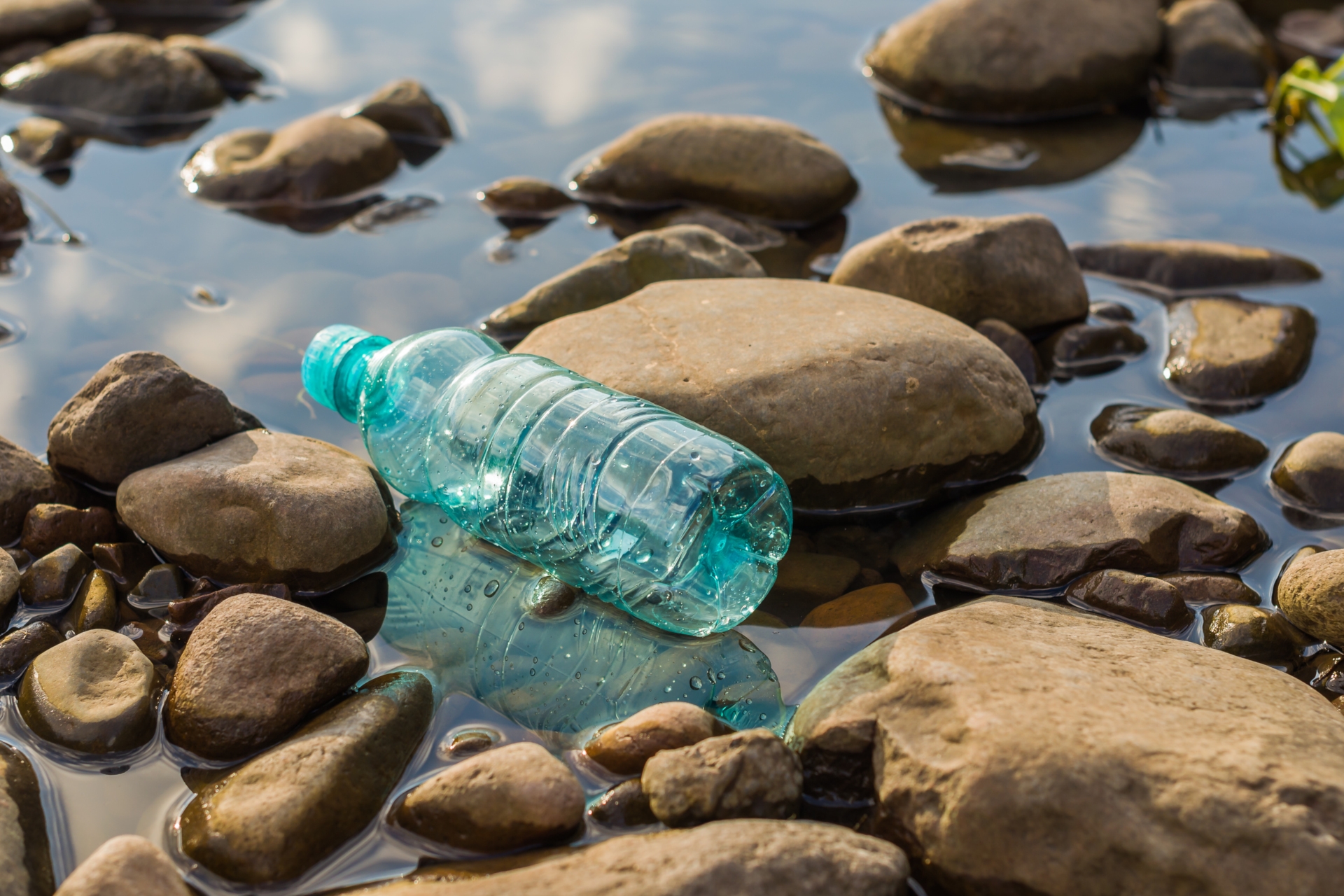
(c) Getty Images
How To Cut Down On Plastic
So what should we do? Minimising single-use plastic in your life is a good start. Supermarkets used to have a virtual monopoly on selling bathroom and cleaning products, and food and drinks, but, since the rise of internet shopping, lots of innovative brands have emerged that give us consumers much greater choice.
If you don’t want your loo rolls wrapped in plastic, then you can buy online from Who Gives A Crap or Naked Sprout. If you don’t want to buy plastic bottles of fabric conditioner, floor cleaner or shampoo, then you can get refillables from Bower Collective. If you don’t want to buy your food staples in throw-away plastic packaging then you can get them from Club Zero at Abel & Cole in refill and return pots.
Here’s the paradox: the pots and refillable packages are often made of plastic, because it’s lightweight and carbon-efficient, but in these cases they are used many times over, and then disposed of responsibly by the companies themselves. That’s why boycotting plastic turns out not to be the simple solution you’d hoped for.
But every time you make a choice to replace single-plastic with a refillable alternative you are sending a message to businesses that there is a market for them. That, in turn, has a big impact on how companies think about their use of plastic. Right now, these refillable alternatives often cost more so you may not make those choices every single time. But that’s OK. As Tesco’s ad famously said, every little helps.
Trying to live a zero waste life is a stressful lifestyle choice and very few people keep going. But the more people that swap out plastic for refillables some of the time, the sooner the prices will come down so that more people can afford to make those choices. And the less plastic will be clogging up our world.
Lucy
Lucy Johnson is the founder of Green Salon sustainable lifestyle consultancy and a qualified psychotherapist. Eco-confused or anxious about climate change? Send her your concerns and questions to [email protected]


